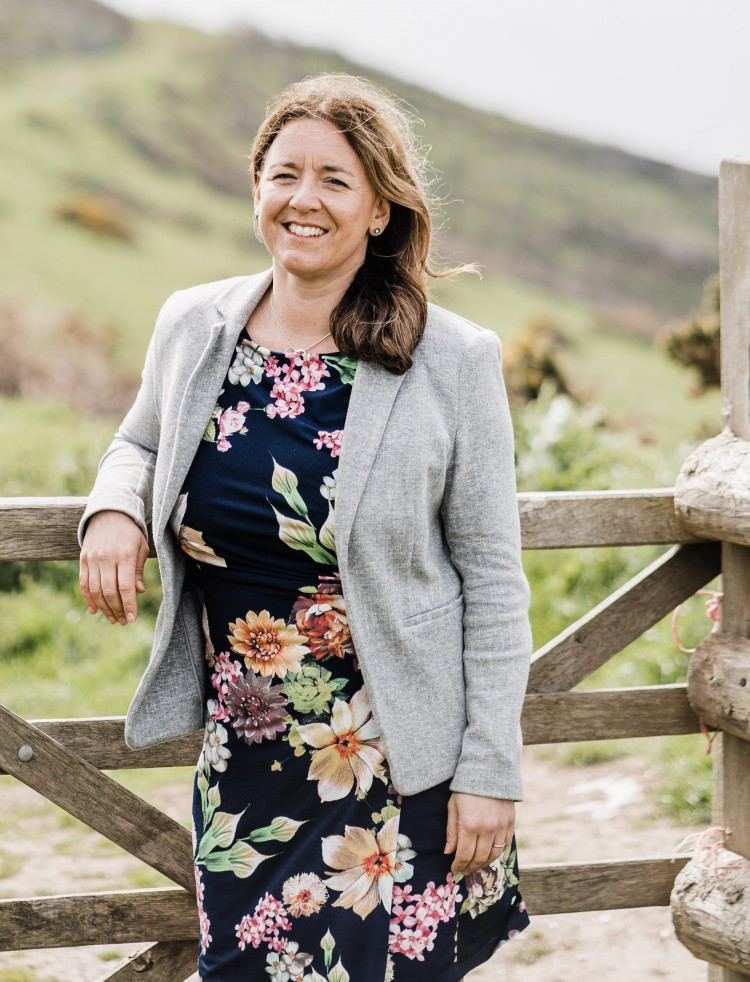T: 01822 851370 E: [email protected]
Urgent Call for Fair Funding Amidst Deep Cuts

In a determined Westminster Hall debate last week on Government Funding for Local Authorities, concerns were sharply voiced regarding the financial sustainability of rural councils, particularly highlighted by Helen Morgan, MP for North Shropshire. The focus was squarely on the pressing issues in rural areas where drastic budget cuts are threatening the very fabric of community services.
Helen Morgan brought to light the dire situation in Shropshire, where the local council is grappling with £50 million in cuts this year alone, with an anticipated additional £60 million in reductions next year. These cuts pose a severe risk to essential community services, including the potential closure of recycling centres, which could lead to increased fly-tipping - a serious environmental concern.
Stressing the urgent need for a revision in how rural funding is allocated. She posed a critical question to the government: "Does the Minister agree that rural councils are in danger of delivering nothing more than statutory services if things continue?"
Responding, Simon Hoare, Parliamentary Under-Secretary of State for Levelling Up, Housing and Communities, acknowledged the funding challenges faced by rural councils. He highlighted an additional £8.9 million allocated to Shropshire Council through the Rural Services Delivery Grant. "Do I think rural councils have to reduce to statutory services alone? No," Hoare asserted, indicating ongoing efforts to maintain a broader spectrum of services through innovative measures.
However, the broader debate encompassed more than just Shropshire's plight. MPs across the chamber shared their concerns and experiences of local government financial pressures, which seem to echo the same narrative: rural councils are at a tipping point.
The discussion extended into a broader commentary on the role of local councils in supporting community initiatives, with notable mentions of volunteers who bolster local efforts, from grief groups to veterans' luncheons. The commendation of these volunteers by Hoare emphasised the critical intersection of community efforts and governmental support in sustaining vibrant local ecosystems.
Yet, despite these commendations and the acknowledgment of additional grants, the call for a reassessment of the funding formula was clear. The current model, according to Helen Morgan and her constituents, inadequately addresses the unique challenges faced by rural areas, from geographical disparities to the cost of service delivery, which are significantly higher than in urban settings.
As rural councils brace for what may be a narrowing scope of operations to merely statutory services, the debate has stirred a crucial dialogue on the need for a fairer distribution of government funding. This will ensure that rural areas can continue to provide not just the bare minimum but a full range of services that are crucial to maintaining the quality of life and environmental standards that these communities cherish.
The question remains: will the government's promised review of the funding formula in the next Parliament come soon enough to prevent a reduction in the scope of services offered by rural councils? As these councils stand on the front lines of service provision, the stakes are nothing less than the well-being of rural communities across the country.
Read the full debate transcript HERE.
 |
Kerry Booth, Chief Executive, Rural Services Network
|



